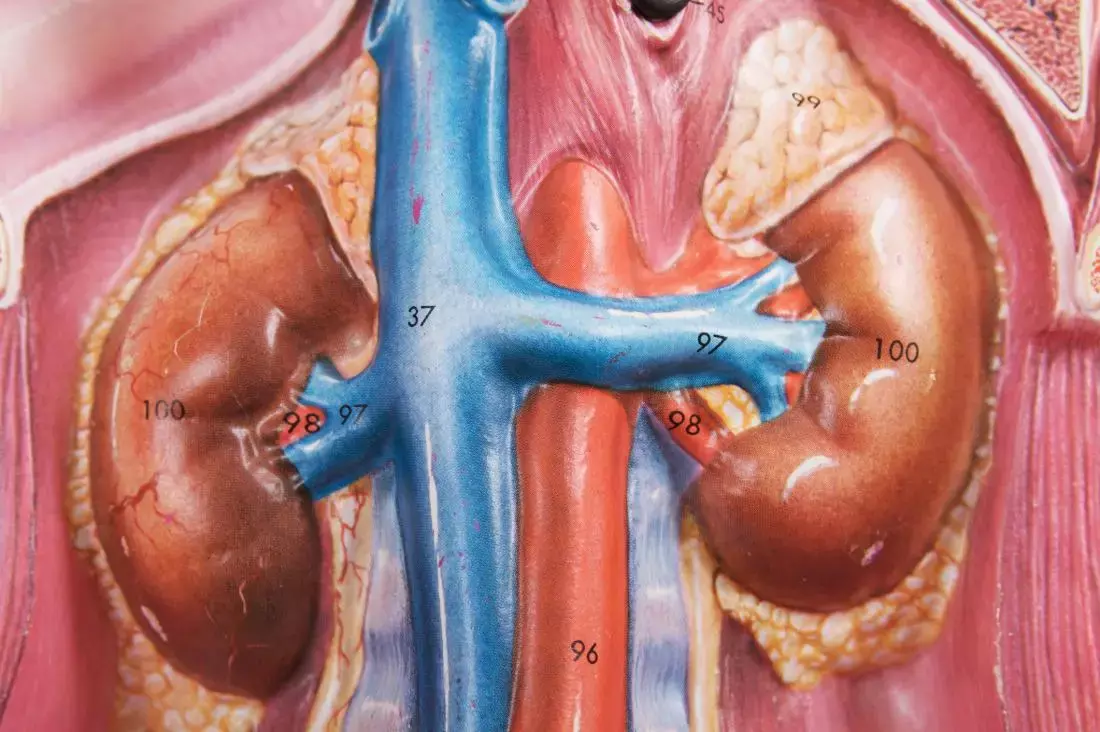- Home
- Medical news & Guidelines
- Anesthesiology
- Cardiology and CTVS
- Critical Care
- Dentistry
- Dermatology
- Diabetes and Endocrinology
- ENT
- Gastroenterology
- Medicine
- Nephrology
- Neurology
- Obstretics-Gynaecology
- Oncology
- Ophthalmology
- Orthopaedics
- Pediatrics-Neonatology
- Psychiatry
- Pulmonology
- Radiology
- Surgery
- Urology
- Laboratory Medicine
- Diet
- Nursing
- Paramedical
- Physiotherapy
- Health news
- Fact Check
- Bone Health Fact Check
- Brain Health Fact Check
- Cancer Related Fact Check
- Child Care Fact Check
- Dental and oral health fact check
- Diabetes and metabolic health fact check
- Diet and Nutrition Fact Check
- Eye and ENT Care Fact Check
- Fitness fact check
- Gut health fact check
- Heart health fact check
- Kidney health fact check
- Medical education fact check
- Men's health fact check
- Respiratory fact check
- Skin and hair care fact check
- Vaccine and Immunization fact check
- Women's health fact check
- AYUSH
- State News
- Andaman and Nicobar Islands
- Andhra Pradesh
- Arunachal Pradesh
- Assam
- Bihar
- Chandigarh
- Chattisgarh
- Dadra and Nagar Haveli
- Daman and Diu
- Delhi
- Goa
- Gujarat
- Haryana
- Himachal Pradesh
- Jammu & Kashmir
- Jharkhand
- Karnataka
- Kerala
- Ladakh
- Lakshadweep
- Madhya Pradesh
- Maharashtra
- Manipur
- Meghalaya
- Mizoram
- Nagaland
- Odisha
- Puducherry
- Punjab
- Rajasthan
- Sikkim
- Tamil Nadu
- Telangana
- Tripura
- Uttar Pradesh
- Uttrakhand
- West Bengal
- Medical Education
- Industry
Hyperuricemia independent predictor of incident CKD

The relationship between hyperuricemia and chronic kidney disease (CKD) has been investigated extensively. However, studies on elderly individuals are still limited. Moreover, there is no consensus on whether hyperuricemia or elevated serum uric acid (SUA) within the normal range is correlated with the new onset of CKD and whether there are differences between males and females.
Researchers included 39039 elderly diabetic patients without CKD at baseline from a community-based cohort in Wuhan, China. The outcome event was the new onset of CKD (defined as an estimated glomerular filtration rate < 60 mL/min/1.73 m2). Multivariate Cox models were used to assess the adjusted hazard ratio (HR).
RESULTS
During the 2-year follow-up period, 3162 (8.10%) patients with diabetes developed new-onset CKD. The optimal cutoff value of SUA for incident CKD was 347.4 μmol/L. The adjusted HRs of hyperuricemia for new-onset CKD were 1.925 (1.724-2.150) and 1.676 (1.520-1.848) for males and females, respectively. The risk of developing CKD increased across the Q4 group up to 2.242 times for their counterparts in the lowest SUA quartile, independent of age, sex, diabetes duration, obesity, hypertension, systolic blood pressure, diastolic blood pressure, smoking, drinking, dyslipidemia, triglyceride, total cholesterol, high-density lipoprotein cholesterol, low-density lipoprotein cholesterol, and fasting plasma glucose.
Hyperuricemia is an independent predictor of incident CKD. Elevated SUA was linearly correlated with CKD in elderly patients with diabetes, showing a relatively higher intensity among males compared with that among females. The optimal cutoff value of SUA for the risk of new-onset CKD in elderly patients with diabetes was 347.4 μmol/L.
Reference:
Zhou, Qing, et al. "Serum Uric Acid Is Associated With Chronic Kidney Disease in Elderly Chinese Patients With Diabetes." Renal Failure, vol. 45, no. 1, 2023, p. 2238825.
Keywords:
Hyperuricemia, independent, predictor, incident, CKD, Zhou, Qing, Chronic Kidney Disease, Renal Failure
Dr. Shravani Dali has completed her BDS from Pravara institute of medical sciences, loni. Following which she extensively worked in the healthcare sector for 2+ years. She has been actively involved in writing blogs in field of health and wellness. Currently she is pursuing her Masters of public health-health administration from Tata institute of social sciences. She can be contacted at editorial@medicaldialogues.in.
Dr Kamal Kant Kohli-MBBS, DTCD- a chest specialist with more than 30 years of practice and a flair for writing clinical articles, Dr Kamal Kant Kohli joined Medical Dialogues as a Chief Editor of Medical News. Besides writing articles, as an editor, he proofreads and verifies all the medical content published on Medical Dialogues including those coming from journals, studies,medical conferences,guidelines etc. Email: drkohli@medicaldialogues.in. Contact no. 011-43720751


